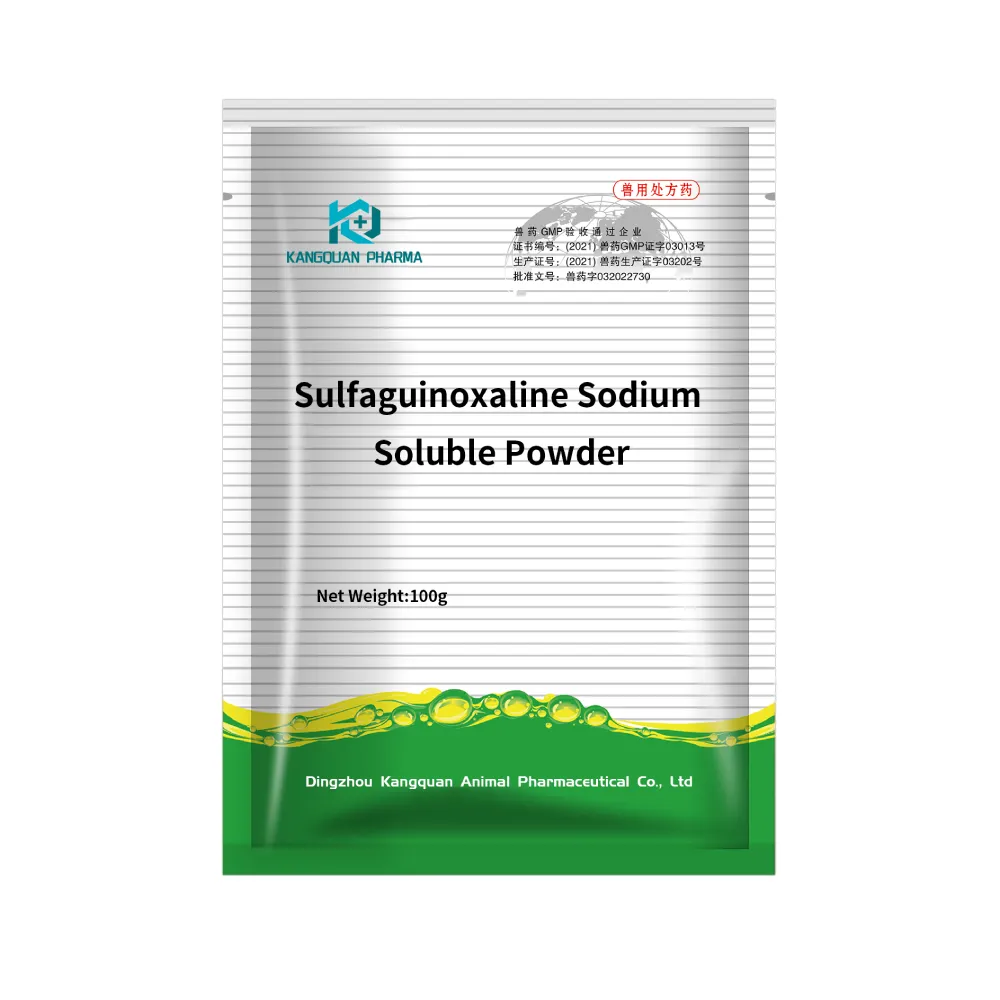- Afrikaans
- Albanian
- Amharic
- Arabic
- Armenian
- Azerbaijani
- Basque
- Belarusian
- Bengali
- Bosnian
- Bulgarian
- Catalan
- Cebuano
- Corsican
- Croatian
- Czech
- Danish
- Dutch
- English
- Esperanto
- Estonian
- Finnish
- French
- Frisian
- Galician
- Georgian
- German
- Greek
- Gujarati
- Haitian Creole
- hausa
- hawaiian
- Hebrew
- Hindi
- Miao
- Hungarian
- Icelandic
- igbo
- Indonesian
- irish
- Italian
- Japanese
- Javanese
- Kannada
- kazakh
- Khmer
- Rwandese
- Korean
- Kurdish
- Kyrgyz
- Lao
- Latin
- Latvian
- Lithuanian
- Luxembourgish
- Macedonian
- Malgashi
- Malay
- Malayalam
- Maltese
- Maori
- Marathi
- Mongolian
- Myanmar
- Nepali
- Norwegian
- Norwegian
- Occitan
- Pashto
- Persian
- Polish
- Portuguese
- Punjabi
- Romanian
- Russian
- Samoan
- Scottish Gaelic
- Serbian
- Sesotho
- Shona
- Sindhi
- Sinhala
- Slovak
- Slovenian
- Somali
- Spanish
- Sundanese
- Swahili
- Swedish
- Tagalog
- Tajik
- Tamil
- Tatar
- Telugu
- Thai
- Turkish
- Turkmen
- Ukrainian
- Urdu
- Uighur
- Uzbek
- Vietnamese
- Welsh
- Bantu
- Yiddish
- Yoruba
- Zulu
Dec . 04, 2024 04:47 Back to list
Exploring the Impact of Antibiotics on Animal Health and Farming Practices
The Role of Antibiotics in Animal Husbandry Balancing Health and Resistance
Antibiotics have been a cornerstone in modern medicine, significantly contributing to the treatment and prevention of infections. However, their usage extends beyond human health; they play a crucial role in animal husbandry, where they are administered to livestock for growth promotion, disease prevention, and treatment. While the benefits of using antibiotics in animals can be substantial, this practice raises important concerns regarding antibiotic resistance, public health, and animal welfare.
The Role of Antibiotics in Animal Husbandry Balancing Health and Resistance
However, the benefits of antibiotic use in animals come with significant drawbacks, the most pressing being the rise of antibiotic-resistant bacteria. Over time, the overuse and misuse of antibiotics in both agricultural and medical contexts have led to the emergence of multi-drug-resistant organisms. These resistant bacteria can transfer to humans through the food chain, environment, or direct contact with animals, undermining the effectiveness of antibiotics in human medicine. The World Health Organization has identified antibiotic resistance as one of the biggest threats to global health, prompting calls for stricter regulations and monitoring of antibiotic use in agriculture.
animal antibiotic

To address these concerns, many countries are implementing guidelines and regulations on antibiotic usage in livestock. These regulations aim to limit the use of medically important antibiotics for growth promotion and encourage alternative practices, such as improved sanitation, vaccination, and nutrition. The goal is to strike a balance between maintaining animal health and reducing the risk of developing antibiotic resistance.
Another solution gaining momentum is the adoption of antibiotic-free farming practices. Some producers are shifting toward organic and antibiotic-free production systems, emphasizing higher animal welfare standards and more sustainable farming practices. This trend resonates with health-conscious consumers who are increasingly concerned about the implications of antibiotic use in food production and willing to pay a premium for products that are free from antibiotics.
Furthermore, research into alternative therapies is underway. Probiotics, prebiotics, and natural immune boosters are being explored as potential replacements for antibiotics in livestock. These alternatives not only aim to maintain animal health and productivity but also to ensure that the concerns surrounding antibiotic resistance are addressed.
In conclusion, while antibiotics play a critical role in animal husbandry by promoting growth and ensuring health, their use raises significant concerns regarding antibiotic resistance and public health. Moving forward, it is essential for the agricultural industry to adopt more sustainable practices, prioritize animal welfare, and explore alternatives to antibiotics. Striking a balance between productivity and responsible antibiotic use is crucial for safeguarding both animal and human health in the years to come. Through collaboration between farmers, healthcare professionals, and policymakers, we can work toward a future where animal agriculture can thrive without compromising public health.
-
Guide to Oxytetracycline Injection
NewsMar.27,2025
-
Guide to Colistin Sulphate
NewsMar.27,2025
-
Gentamicin Sulfate: Uses, Price, And Key Information
NewsMar.27,2025
-
Enrofloxacin Injection: Uses, Price, And Supplier Information
NewsMar.27,2025
-
Dexamethasone Sodium Phosphate Injection: Uses, Price, And Key Information
NewsMar.27,2025
-
Albendazole Tablet: Uses, Dosage, Cost, And Key Information
NewsMar.27,2025













